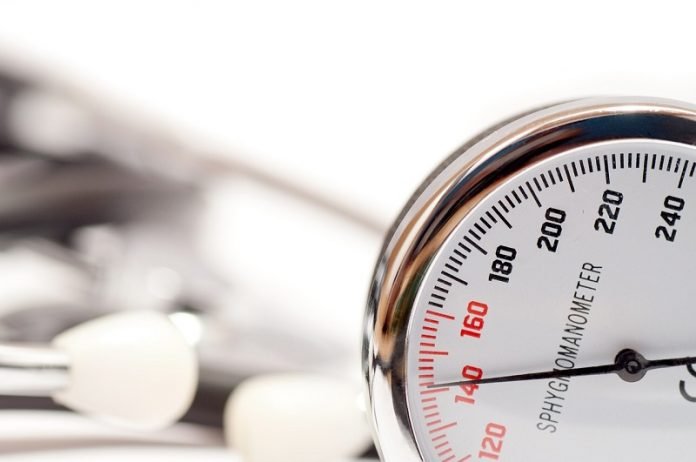
In a new statement from American Heart Association, researchers suggest that weight-loss medications and surgery show promise for reducing high blood pressure (also called hypertension) in people who are overweight or obese.
Weight loss achieved through dietary changes and increased physical activity are the cornerstones of treatment for high blood pressure that’s related to being overweight.
However, these lifestyle behaviors are often not sustained over the long term. Subsequently, reductions in blood pressure aren’t maintained over time.
The new statement is focused on obesity-related high blood pressure. Overweight or obesity is the weight that is higher than what is considered healthy for an individual’s height.
The team reviewed existing research to provide the latest guidance on weight-loss strategies to reduce high blood pressure.
National guidelines recommend a heart-healthy diet to help manage weight and control blood pressure. The most well-established healthy eating patterns are the Mediterranean diet and Dietary Approaches to Stop Hypertension (DASH).
The diets are similar in emphasizing eating more fruits, vegetables, legumes, nuts, and seeds with moderate amounts of fish, seafood, poultry, and dairy, and low quantities of red and processed meats, and sweets.
Intermittent fasting is an approach that alters the timing of eating and fasting during the day or each week.
It produces some weight reduction and modest reductions in blood pressure in people with metabolic syndrome – a group of five conditions that can lead to heart disease, including high blood sugar, low levels of HDL cholesterol, high triglyceride levels, large waist circumference, and high blood pressure.
Increasing physical activity as well as improving cardiovascular fitness and reducing the amount of sedentary time can help lower body weight and reduce blood pressure.
If lifestyle modifications have not been successful in achieving weight reduction and blood pressure control, the statement suggests prescription medications may be considered for people who have obesity or who are overweight and have a weight-related health issue such as high blood pressure.
A newer class of medications called GLP-1 receptor agonists has been shown to help with sustained weight loss and significantly reduce blood pressure.
GLP-1 agonists, such as liraglutide and semaglutide, are synthetic hormones, self-administered in a daily or weekly injection, that reduce appetite and help people to feel full.
Both medications were initially approved to treat type 2 diabetes because they lower blood sugar by stimulating the release of insulin.
The U.S. Food and Drug Administration recently approved both medications for weight management and weight loss in individuals classified as overweight or obese.
Metabolic surgery (also called bariatric surgery or gastric bypass surgery) can aid weight loss in people with severe obesity along with an obesity-related health condition including hypertension.
The statement includes a research review on metabolic surgery. High blood pressure was resolved in 63% of people who had metabolic surgery, and several studies showed less use of blood pressure-lowering medicines after surgery.
The team says for some people, medications or metabolic surgery or both may be considered in addition to a healthy diet and increased physical activity.
If you care about blood pressure, please read studies about common tea compounds that could reduce your blood pressure, and key to treating high blood pressure.
For more information about health, please see recent studies about how to keep high blood pressure in check, and results showing these people more likely to have uncontrolled high blood pressure.
The study is published in Hypertension. One author of the study is Michael E. Hall, M.D., M.S., FAHA.
Copyright © 2021 Knowridge Science Report. All rights reserved.



